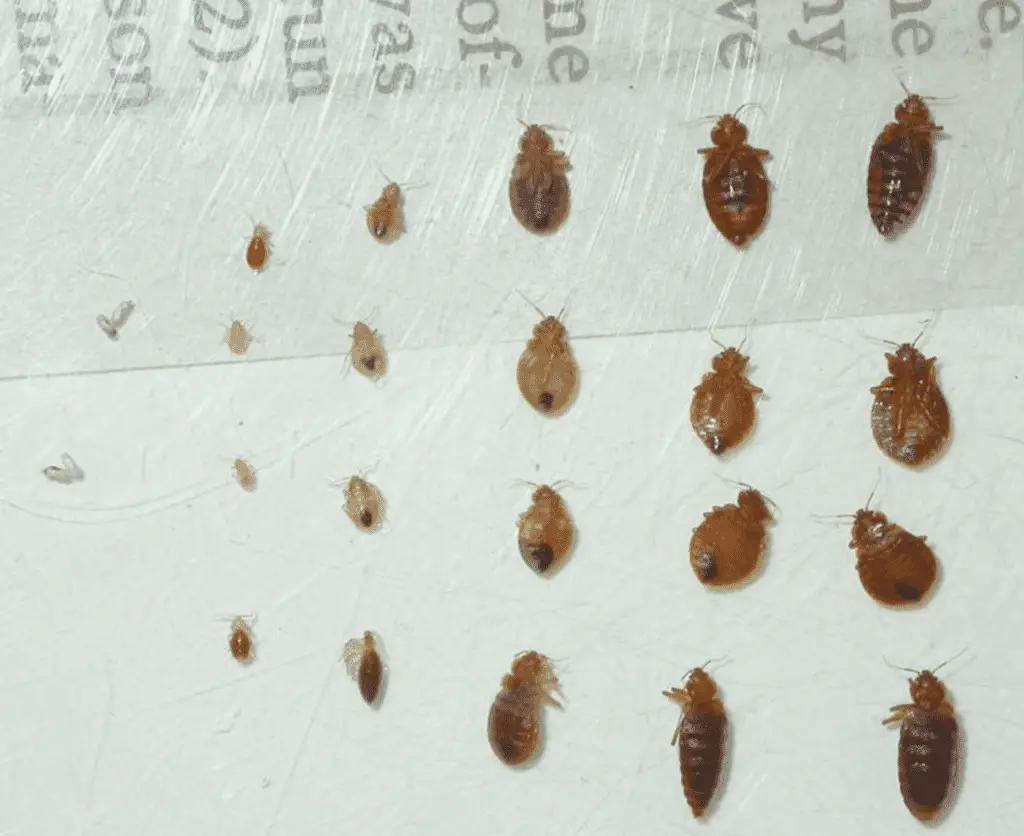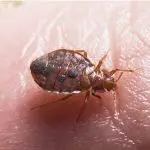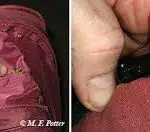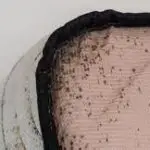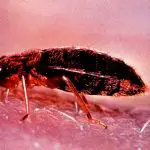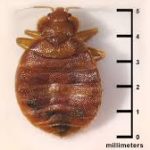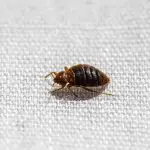Do Bed Bugs Ever Die?
When you find a bed bug infestation in your home, it can be a frustrating experience. The bugs are incredibly resilient, and they can easily hide and reproduce, making it nearly impossible to eradicate them yourself. In some cases, it may even be necessary to hire a professional exterminator. These professionals are equipped with chemicals and other treatments that will not only kill the bugs on contact, but also in the long run.
Infestations of bed bugs are costly and can lead to health problems for those affected. The problem is even worse when bed bugs go untreated. If you don’t treat them right away, the infestation can spread and intensify, putting your family and neighbors at risk. Additionally, bed bugs produce multiple eggs daily, which makes it difficult to treat for them. While many common insecticides can kill adult bed bugs, they won’t kill the eggs.
While bed bugs don’t transmit diseases to humans, the bites can be very irritating and can cause swelling and redness. Some people may develop an allergic reaction to the bugs’ saliva, which can lead to hives and anaphylactic shock. Bed bugs are extremely tiny, and are difficult to detect, so it is important to take precautions to protect yourself and your home.
During their lifecycle, bed bugs will feed on blood regularly to survive. Their average lifespan is two to four months. In laboratory experiments, adults can live for 400 days without feeding, while nymphs can survive for a few months without feeding. However, they will starve to death without blood.
